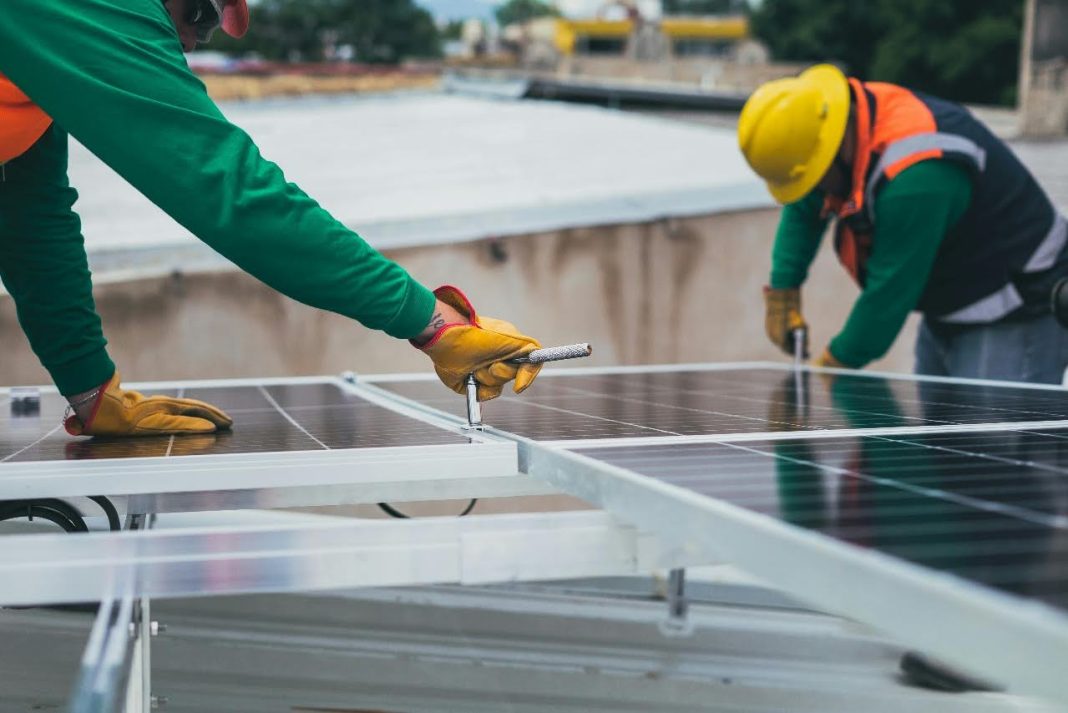China and the Association of Southeast Asian Nations (ASEAN) have signed the Free Trade Area (FTA) 3.0 Upgrade Protocol in Kuala Lumpur, marking a major step toward deeper economic integration and broader cooperation. The agreement was finalized ahead of the 28th China-ASEAN Summit, attended by Chinese Premier Li Qiang and Malaysian Prime Minister Anwar Ibrahim.
The upgraded protocol aims to strengthen regional and global economic confidence amid rising challenges to the international trade system. It expands the scope of cooperation beyond traditional trade and investment to include emerging sectors such as the digital and green economies, supply chain connectivity, and standards alignment.
The China-ASEAN Free Trade Area, launched in 2002 and upgraded previously in 2015, has become a cornerstone of Asia’s economic framework. China has remained ASEAN’s largest trading partner for 16 consecutive years, while ASEAN has held the same position for China over the past five years. In 2024, bilateral trade reached nearly US$1 trillion, a seventeen-fold increase since 2002.
Under the 3.0 framework, both sides will enhance collaboration in nine key areas, including customs procedures, trade facilitation, and support for micro, small, and medium-sized enterprises. The new agreement is expected to accelerate regional growth, foster sustainable development, and further solidify Asia’s position as a global economic hub.

